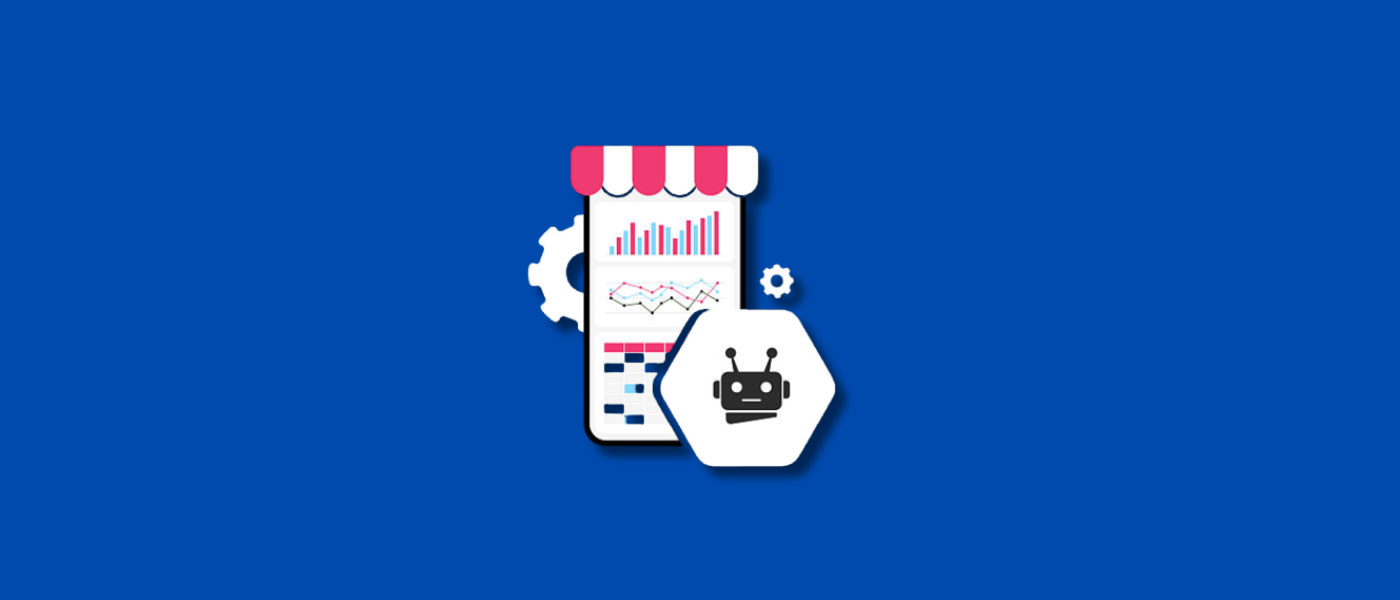Introduction
The whole internet is functional because of the wide range of websites it consists of. As of July 2024, the internet has around 1.1 billion websites, and about 194 million were actively maintained.
71% of businesses maintain an online presence through a website, and 29% of all business transactions are conducted online.
43% of small businesses intend to invest in enhancing their website performance, and 21% of business owners experience challenges with low website traffic.
So you can imagine how important websites have become for business.
Whether you’re looking to build a personal website page or need ecommerce development website solutions, choosing the right platform to create a website is crucial.
So how do you know which website builder is right for you? With more than 1000 platforms and website builders in the market, it can be very difficult to choose the best platform to create a website.
Whether you need web design & development services or want to understand how to make web based application, the choices can be overwhelming.
But we will try to make that decision as easy as possible. Just read my complete guide on the 10 best platforms to create a website and make your choice.
This guide will help you understand everything from CMS website development services to ecommerce web development solutions.
Understanding Website Types: Static vs Dynamic
Before diving into platforms, it’s essential to understand what is a dynamic site versus a static one. The difference between a website and web application is also crucial.
Static websites vs dynamic websites have different use cases – static sites display fixed content while dynamic sites can change based on user interaction.
Understanding what is the difference between static and dynamic website helps you choose the right platform. There are advantages and disadvantages of static website options that you should consider.
Key Features to Consider in a Website Builder
✨Ease of Use
If you don’t know how to build a website and the idea of coding, don’t worry, there are plenty of website builders out there designed for people who don’t have any coding and development knowledge.
Look for one with a simple, intuitive interface, where you can easily drag and drop elements. You’ll want something that doesn’t require a steep learning curve, so you can get your site up and running quickly without frustration.
If you need professional web development and designing services, you can trust the best web development company USA with your project. We have completed 100s of projects with a 100 percent success rate.
Fun Facts: The first-ever website created by Tim Berners-Lee in 1991 is still online and contains only text! Today’s web development companies in New Jersey create much more sophisticated sites.
✨Design Flexibility
Your website is an extension of your business, so it should look and act the part. Many platforms offer attractive templates, but what should be worried about is how to tweak designs.
Whether you need a personal web page design or corporate website development, flexibility is key.
It can be adjusting colors, layouts, and fonts. Make sure you choose a builder that lets you design your website to show your brand’s image.
This is where custom ecommerce website design and custom ecommerce design services become valuable. The best web development firm will ensure your profile for website reflects your brand perfectly.
✨Mobile Responsiveness
We all know that most of the online searches around the world now are done on mobile devices, and it’s very important your website looks and functions perfectly on any device.
You might even need to convert your website to mobile if it’s not already responsive.
A responsive website automatically fits different devices and screen sizes, making sure your visitors have a smooth experience whether they are on a tablet, smartphone, or desktop. So it’s vital that when you choose a platform, they offer mobile-friendly templates.
New Jersey web design companies and NJ web designer professionals emphasize this feature.
✨SEO Capabilities
Search Engine Optimization can be a little confusing at the start if you never heard of it. But if you want people to find you organically, it’s the most powerful and developed marketing strategy.
Many website builders include SEO tools to assist you in getting noticed by search engines like Google. Digital marketing agencies in US and digital marketing service USA providers often recommend platforms with strong SEO features.
A platform that makes it easy to edit metadata/tags, optimize content and images, and structure URLs should be considered.
With strong SEO features, better visibility and increased traffic for the site can ultimately be achieved. This is crucial for any ecommerce website design solution.
✨E-commerce Features
If you’re planning to sell products or services online, you’ll need a builder with solid e-commerce tools. This includes easy product management, secure checkout options, and the ability to track inventory.
An e commerce website developer can help you understand how long does it take to build an ecommerce website.
Some platforms even let you create discount codes or run special promotions, which can be a great way to drive sales. Make sure the platform integrates with popular payment gateways to keep things smooth and secure for your customers.
You might want to add payment processing to my Bluehost website or explore web3 shopping website development options.
E-commerce developers and e commerce web site designers can guide you through bespoke e-commerce web development.
✨Support and Resources
Reliable customer support can be a lifesaver, especially when you encounter issues or have questions.
Check what kind of support is available: live chat, phone support, email, or a comprehensive knowledge base. The best web development in USA firms offer comprehensive support.
Additionally, some platforms offer extensive tutorials, forums, and community support to help you troubleshoot problems and learn new skills.
Website development services USA providers often include ongoing support in their packages.
How to Choose the Right CMS
Understanding how to pick a CMS and how to choose the right CMS is crucial for your website’s success. A CMS developer can help you navigate how to choose a CMS system that fits your needs.
CMS development companies offer various solutions, each with unique features. When starting a web development firm or building your own site, the CMS choice is fundamental.
12 Best Platforms to Create A Website
1. WordPress
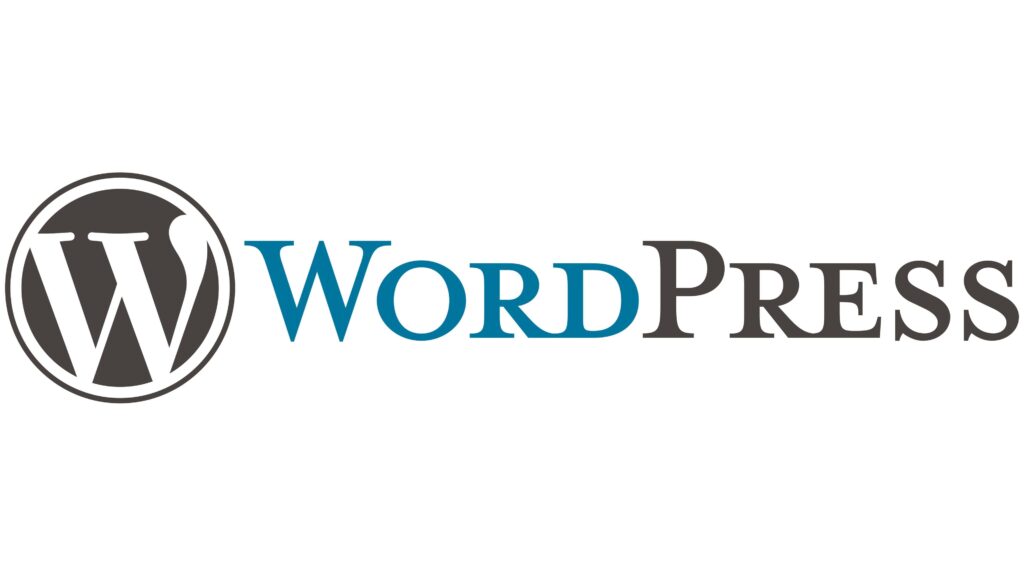
WordPress is the most popular website platform globally, powering over 40% of all websites. It’s an open-source content management system (CMS) that offers incredible flexibility and a vast array of plugins and themes.
Many website development company in US firms specialize in WordPress, and WordPress site development cost varies based on complexity. WordPress website design NJ services are widely available.
✷Features:
- Extensive library of plugins and themes
- SEO-friendly structure
- Customizable with code (HTML, CSS, PHP)
- Strong community support
- Multi-user management
✅Pros:
- Highly flexible and customizable
- SEO-friendly
- Large support community
- Endless plugins for added functionality
❎Cons:
- The steeper learning curve for beginners
- Requires regular maintenance and updates
- Security vulnerabilities if not properly managed
Pricing:
- Free to use, but you’ll need to pay for hosting (starts at around $3.95/month) and premium themes/plugins.
Paid vs Free Plan: The free version is fully functional but lacks premium themes, advanced plugins, and dedicated support, which are often necessary for a professional website.
2. Shopify

Shopify is a leading e-commerce platform designed specifically for online stores and retail point-of-sale systems. It offers a complete solution for businesses to set up, sell, and manage products online.
Shopify website design New Jersey services are popular among local businesses. When comparing WooCommerce vs Magento vs Shopify, Shopify often wins for ease of use.
✷Features:
- Easy product management
- Integrated payment processing
- Responsive themes
- Inventory tracking
- 24/7 customer support
✅Pros:
- Simple to set up and use
- Excellent e-commerce features
- Secure and reliable hosting
- Multiple sales channels (e.g., social media, Amazon)
❎Cons:
- Limited customization compared to open-source platforms
- Transaction fees unless using Shopify Payments
- Monthly fees can add up
Pricing:
- Plans start at $29/month, with higher-tier options up to $299/month.
Paid vs Free Plan: Shopify does not have a free plan, but it offers a 14-day free trial. The paid plans include access to all e-commerce features, premium themes, and professional support.
3. Squarespace
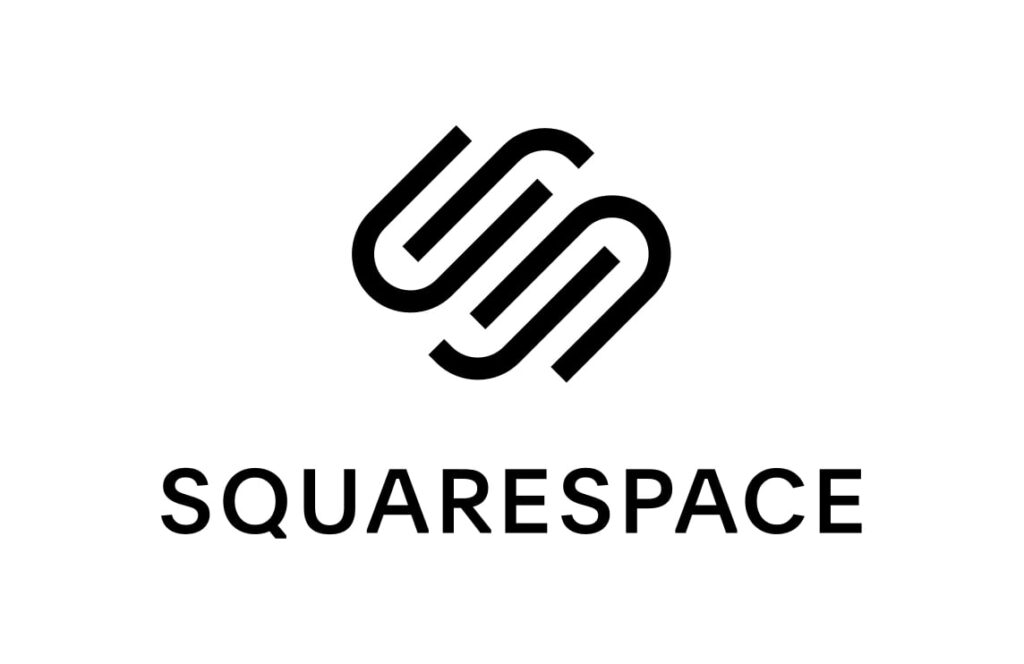
Squarespace is an all-in-one website builder that focuses on delivering beautifully designed, responsive websites. It’s ideal for creatives and small businesses looking for a visually appealing online presence.
When you evaluate the e-commerce platforms company Squarespace on online business ideas, you’ll find it excels in design. Many New Jersey website design professionals recommend it for visually-driven businesses.
✷Features:
- Designer templates
- Integrated analytics
- Drag-and-drop builder
- E-commerce functionality
- 24/7 support
✅Pros:
- Stunning design templates
- Easy to use with drag-and-drop features
- Reliable hosting included
- Great for portfolios and small businesses
❎Cons:
- Less flexible for large or complex sites
- Limited third-party integrations
- Higher cost compared to some competitors
Pricing:
- Plans start at $16/month, with e-commerce plans starting at $26/month.
Paid vs Free Plan: Squarespace offers a 14-day free trial. The paid plans provide access to all features, including custom domains, e-commerce capabilities, and premium support.
4. Webflow
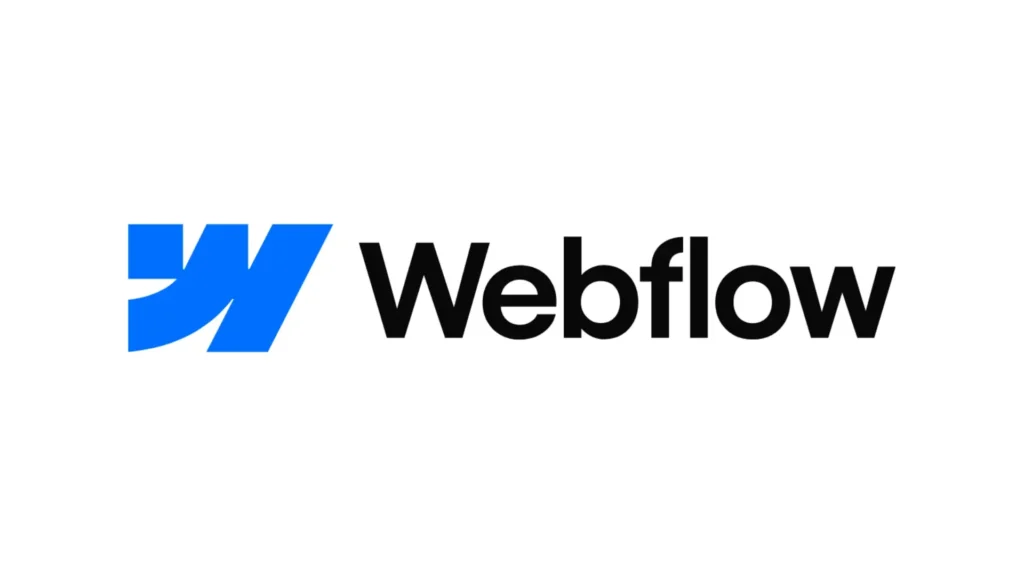
Webflow is a powerful website builder that combines the ease of a visual design tool with the flexibility of c8ode. It’s favored by designers and developers who want full control over the look and feel of their websites.
As a frontend web development company tool, it’s exceptional. Many top web design company professionals use Webflow for complex projects.
✷Features:
- Visual design with HTML/CSS generation
- Customizable interactions and animations
- CMS for dynamic content
- Responsive design tools
- Hosting included
✅Pros:
- Advanced design capabilities
- Full customization with code
- Powerful CMS for dynamic content
- Built-in SEO tools
❎Cons:
- The steeper learning curve for non-designers
- More expensive than simpler builders
- Can be overwhelming for beginners
Fun Fact: “No-code” tools are rising in popularity, allowing anyone to create complex websites without writing a single line of code—especially with platforms like Wix, Weebly, and Webflow.
Pricing:
- Plans start at $12/month for basic websites, with e-commerce plans starting at $29/month.
Paid vs Free Plan: Webflow offers a free plan with limitations on the number of pages and the Webflow branding. Paid plans remove these limitations, allow custom domains, and offer more design and CMS capabilities.
5. Wix

Wix is a versatile website builder that offers a balance between ease of use and design flexibility. It’s popular among small businesses, freelancers, and creatives for its drag-and-drop interface and wide range of templates.
Many website design company New Jersey firms use Wix for quick client projects. It’s one of the best web development websites for beginners.
✷Features:
- Drag-and-drop builder
- Extensive template library
- App Market for additional functionality
- Built-in SEO tools
- Blogging platform
✅Pros:
- Extremely user-friendly
- Wide range of templates and apps
- No coding required
- Affordable pricing
❎Cons:
- Limited scalability for large websites
- Not as customizable as open-source platforms
- Ads on free plans
Pricing:
- Plans start at $14/month, with e-commerce plans starting at $23/month.
Paid vs Free Plan: The free plan includes Wix branding and limited features. Paid plans remove ads, allow custom domains and provide more advanced features and support.
6. GoDaddy
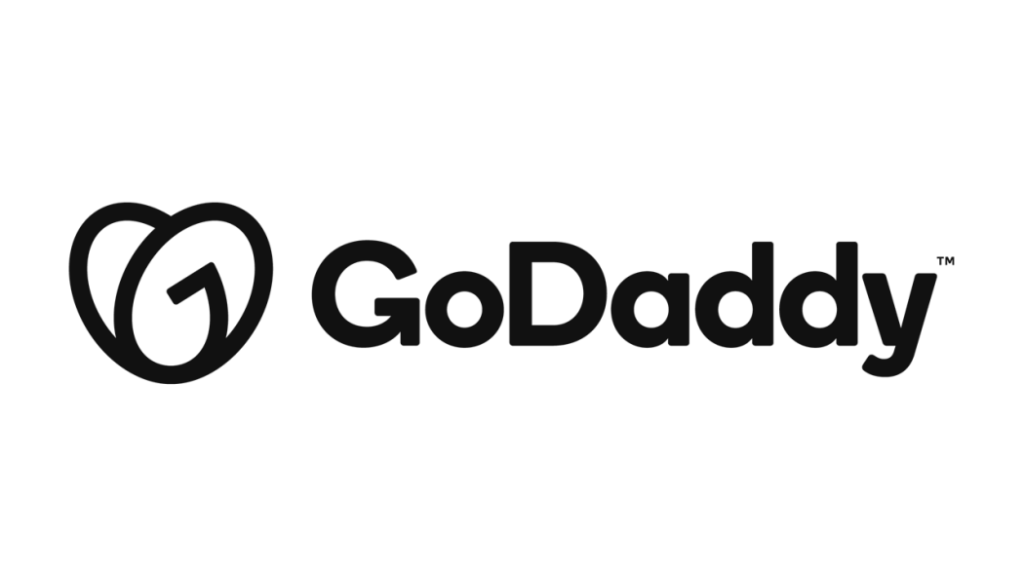
GoDaddy is a well-known domain registrar and hosting provider that also offers a website builder aimed at small businesses. It’s known for its simplicity and quick setup process.
As an about US web design company, GoDaddy has expanded beyond just domains. Their ecommerce website development company in USA services are growing.
✷Features:
- Drag-and-drop editor
- Integrated marketing tools
- Customizable templates
- Mobile-friendly design
- 24/7 support
✅Pros:
- Easy and fast to set up
- Integrated with GoDaddy hosting and domains
- Affordable pricing
- Includes basic marketing tools
❎Cons:
- Limited design flexibility
- Fewer features compared to other builders
- Less suited for complex websites
Pricing:
- Plans start at $9.99/month, with e-commerce plans starting at $24.99/month.
Paid vs Free Plan: GoDaddy offers a free plan with limited features. The paid plans include more customization options, e-commerce tools, and professional support.
FYI: Make sure the platform you choose automatically supports mobile-friendly versions of your site, as more than 50% of global web traffic comes from mobile devices.
7. Duda
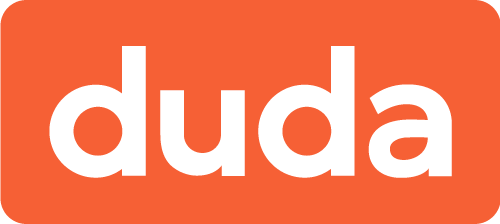
Duda is a website builder geared towards agencies and web professionals, offering tools for building responsive websites quickly. It’s ideal for those who need to create and manage multiple websites.
Many web design firm NJ agencies use Duda for client projects. It’s excellent for full stack web development service providers.
✷Features:
- Drag-and-drop editor
- Multi-language support
- Built-in analytics
- Client management tools
- White-label capabilities
✅Pros:
- Fast and easy to use
- Great for agencies with multiple clients
- White-label option for branding
- Responsive and mobile-friendly designs
❎Cons:
- More expensive than some competitors
- Limited third-party integrations
- Not as flexible for large-scale websites
Pricing:
- Plans start at $14/month per site, with agency plans starting at $22/month per site.
Paid vs Free Plan: Duda offers a 14-day free trial. Paid plans provide access to advanced design features, client management tools, and white-label options.
8. BigCommerce

BigCommerce is a robust e-commerce platform designed for businesses looking to scale. It offers a comprehensive set of tools for building and managing an online store, making it ideal for larger businesses.
As an ecommerce web development agency platform, it’s top-tier. Many ecommerce websites development company professionals recommend it for enterprise solutions. It provides excellent ecommerce development solution options.
✷Features:
- Unlimited products, file storage, and bandwidth
- Multi-channel selling (e.g., Amazon, eBay, social media)
- Built-in payment gateways
- SEO and marketing tools
- Advanced security features
✅Pros:
- Scalable for large businesses
- No transaction fees
- Strong SEO features
- Excellent support for multi-channel selling
❎Cons:
- More expensive than other e-commerce platforms
- Complex setup for beginners
- Limited design customization without coding
Pricing:
- Plans start at $29.95/month, with advanced plans up to $299.95/month.
Paid vs Free Plan: BigCommerce does not offer a free plan but provides a 15-day free trial. Paid plans include all e-commerce features, with higher tiers offering more advanced tools and support.
9. Jimdo
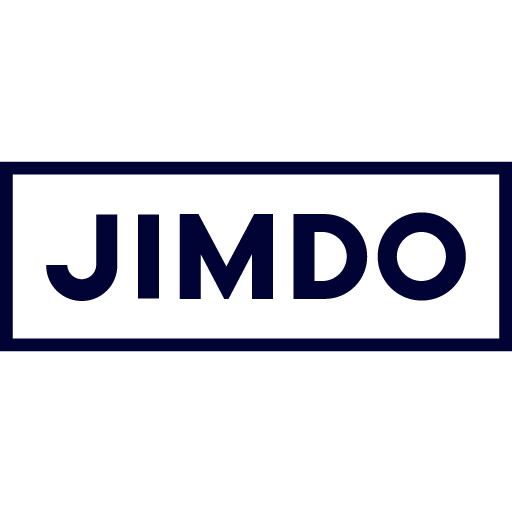
Jimdo is a simple, user-friendly website builder that’s perfect for beginners and small businesses. It offers an intuitive interface and essential tools to get a website up and running quickly.
It’s great for creating examples of personal website portfolio or simple business sites. Many NJ web development beginners start here.
✷Features:
- Drag-and-drop builder
- Mobile-friendly templates
- Blogging tools
- Integrated SEO
- GDPR-compliant features
✅Pros:
- Easy to use, especially for beginners
- Affordable pricing
- No coding required
- GDPR compliance tools included
❎Cons:
- Limited customization options
- Fewer features than more advanced platforms
- Not ideal for large or complex websites
Pricing:
- Plans start at $9/month, with business plans starting at $15/month.
Paid vs Free Plan: Jimdo offers a free plan with limited features and Jimdo branding. Paid plans remove ads, allow custom domains, and provide additional features like e-commerce and analytics.
10. Webnode
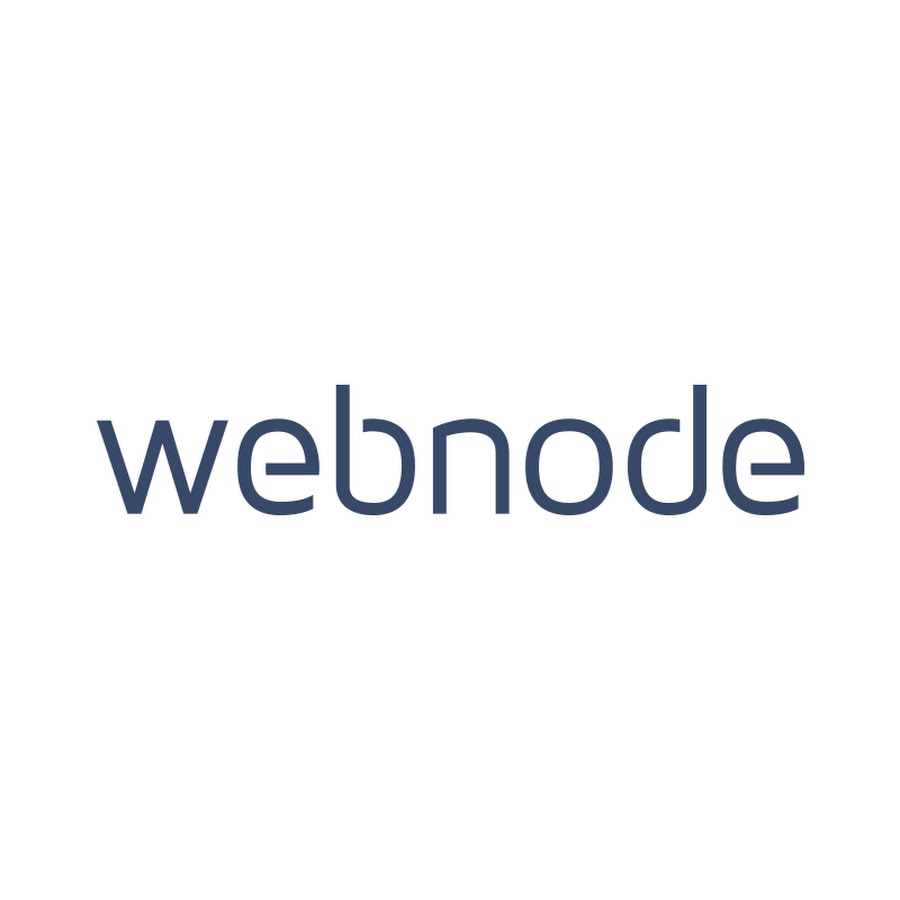
Webnode is a multilingual website builder that offers an easy way to create websites in multiple languages. It’s suitable for businesses looking to reach an international audience.
It’s one of the platforms that helps answer which company is best for web development for multilingual needs.
✷Features:
- Multilingual website support
- Drag-and-drop editor
- Responsive templates
- Blogging platform
- E-commerce functionality
✅Pros:
- Supports multiple languages
- Simple and user-friendly interface
- Affordable pricing
- No ads on the free plan
❎Cons:
- Limited features compared to other platforms
- Not as customizable for large websites
- Basic e-commerce tools
Pricing:
- Plans start at $3.95/month, with business plans starting at $11.95/month.
Paid vs Free Plan: Webnode’s free plan allows for basic website creation without ads. Paid plans unlock additional features like custom domains, more storage, and advanced support.
Fun Fact: Website builders have drag-and-drop features that require no coding. Squarespace even started as a platform for artists but is now widely used by small businesses.
11. ShowIt

ShowIt is a drag-and-drop website builder known for its design flexibility, making it a favorite among photographers, creatives, and small businesses looking for visually stunning websites.
It’s perfect for creating personal brand website examples and great personal sites. Many top web application development companies recommend it for portfolio sites.
✷Features:
- Drag-and-drop builder with full design control
- Integration with WordPress for blogging
- Customizable templates
- Responsive design
- Built-in SEO tools
✅Pros:
- Unmatched design flexibility
- Easy to use for non-coders
- Great for visually-driven websites
- Integrates with WordPress for blogging
❎Cons:
- More expensive than some competitors
- Limited e-commerce capabilities
- The steeper learning curve for beginners
Pricing:
- Plans start at $19/month, with advanced plans up to $39/month.
Paid vs Free Plan: ShowIt does not offer a free plan. Paid plans provide access to all design tools and features, with higher tiers offering more customization and support options.
12. Strikingly
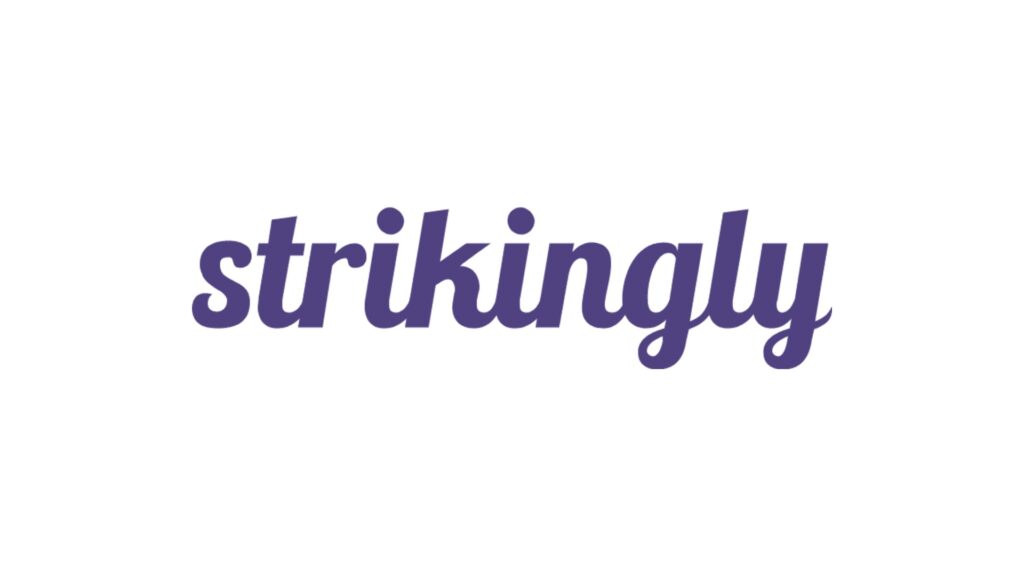
Strikingly is a website builder designed for creating one-page websites. It’s perfect for individuals or small businesses that need a simple, straightforward online presence without much hassle.
It’s ideal for those wondering about web application development in Chicago or other locations who need a simple web presence.
As an ecommerce website developer tool, it offers basic but functional features.
✷Features:
- One-page website builder
- Drag-and-drop editor
- Mobile Optimization
- Integrated analytics
- Simple e-commerce tools
✅Pros:
- Extremely easy to use
- Great for one-page websites
- Affordable pricing
- Mobile-friendly design
❎Cons:
- Limited for larger or multi-page websites
- Fewer customization options
- Basic e-commerce functionality
Pricing:
- Plans start at $8/month, with business plans starting at $16/month.
Paid vs Free Plan: Strikingly offers a free plan with basic features and Strikingly branding. Paid plans remove ads, allow custom domains, and unlock more features like e-commerce and analytics.
FYI: Make sure the platform can grow with you. WordPress offers extensive plugins, while Wix might have limits if your website becomes large. Consider magento solutions if you need advanced e-commerce capabilities.
🌟Best Platform for Support
Both Shopify and Squarespace are known for excellent customer support. Shopify provides 24/7 chat support, email, and phone, making it a go-to choice for e-commerce businesses requiring reliable assistance. On the other hand, Squarespace also offers 24-hour support 7 days a week with detailed guides, tutorials, and tutorials, which is perfect for small businesses.
Many New Jersey website design company professionals rely on these platforms for their client projects.
🌟Best Platform for Big Businesses
BigCommerce is the top choice for big businesses, particularly those looking to scale their online presence. It offers advanced e-commerce features, strong SEO tools, and multi-channel selling options, making it ideal for large enterprises.
When considering which company is best for web development for enterprise solutions, BigCommerce often tops the list.
🌟Best Platform for Small Businesses
For small businesses, Wix and Squarespace stand out. Wix offers a balance of ease of use and design flexibility, making it a popular choice for small businesses without technical expertise. Squarespace is excellent for businesses focused on aesthetics, such as restaurants, boutiques, and creative agencies.
Both are recommended by web development companies in New Jersey.
🌟Best Platform for E-commerce
Shopify is again the best platform for e-commerce websites. It offers a wide range of tools for online stores, including inventory management, multi-channel selling, and payment processing. BigCommerece is also a strong platform, best for businesses looking to scale.
Both platforms are used by professional e-commerce developer teams worldwide.
🌟Best Platform with Plugins
WordPress is the best platform for plugins, with over 50,000 plugins available. Whether you need SEO tools, security features, or e-commerce functionality, WordPress has a plugin for nearly every need.
This flexibility is why many CMS development companies specialize in WordPress development.
🌟Best Platform for Search Engine Optimization
WordPress and Webflow are the best for SEO. WordPress, with the right plugin such as Yoast SEO, can provide powerful SEO attributes to help your site rank higher in search engine results. Webflow provides built-in SEO tools and allows complete customization for meta tags, alt text, and URL structure.
Conclusion
Choosing the best platform to create a website depends on your specific needs, technical expertise, and business goals. Whether you need simple web design & development services or complex ecommerce web development solutions, there’s a platform that fits your requirements. From WordPress’s flexibility to Shopify’s e-commerce focus, each platform offers unique advantages.
Remember to consider factors like ease of use, design flexibility, mobile responsiveness, SEO capabilities, and support when making your decision.
Whether you’re building a personal website page or need comprehensive ecommerce development website solutions, the right platform will help you achieve your online goals effectively.
For businesses seeking professional assistance, partnering with the best web development company USA can ensure your website meets professional standards and delivers results. The key is understanding your needs and choosing a platform that can grow with your business.
Frequently Asked Questions
What is the most widely used platform for building websites?
WordPress is the most common platform, powering over 43% of all websites globally. It’s known for its flexibility and wide range of themes and plugins. It’s ideal for both simple blogs and complex websites. Many website development company in US firms specialize in WordPress development.
Which is the better choice, Wix or WordPress?
Wix is better for beginners due to its ease of use with drag-and-drop features. WordPress, while more complex, offers greater customization and scalability for those needing advanced functionality. Choose based on your experience and needs. Consider consulting with good web design companies to make the right choice.
Which website builder is the easiest to use?
Wix is often considered the simplest website builder. Its drag-and-drop interface, along with pre-designed templates, makes it easy to create websites quickly. It’s perfect for those with no coding experience.
What kind of website is ideal for beginners to start with?
A blog or portfolio site is ideal for beginners as they are simple to set up and maintain. These types of sites require minimal technical knowledge. They also allow easy content management.
Is a custom domain necessary when creating a website?
While not mandatory, having a custom domain enhances professionalism and brand credibility. Many website builders offer free domains with their names, but owning one gives you more control. It’s highly recommended for serious projects.
How do I decide between different e-commerce platforms?
When choosing an e-commerce platform, consider factors like your budget, technical expertise, and business size. Compare features, pricing, and scalability options. Understanding how long does it take to build an ecommerce website with each platform can also help in decision-making.
What’s the difference between a CMS and a website builder?
A CMS (Content Management System) like WordPress offers more flexibility and control but requires more technical knowledge. Website builders like Wix or Squarespace are more user-friendly but may have limitations. Understanding how to choose a content management system depends on your specific needs and technical abilities.





